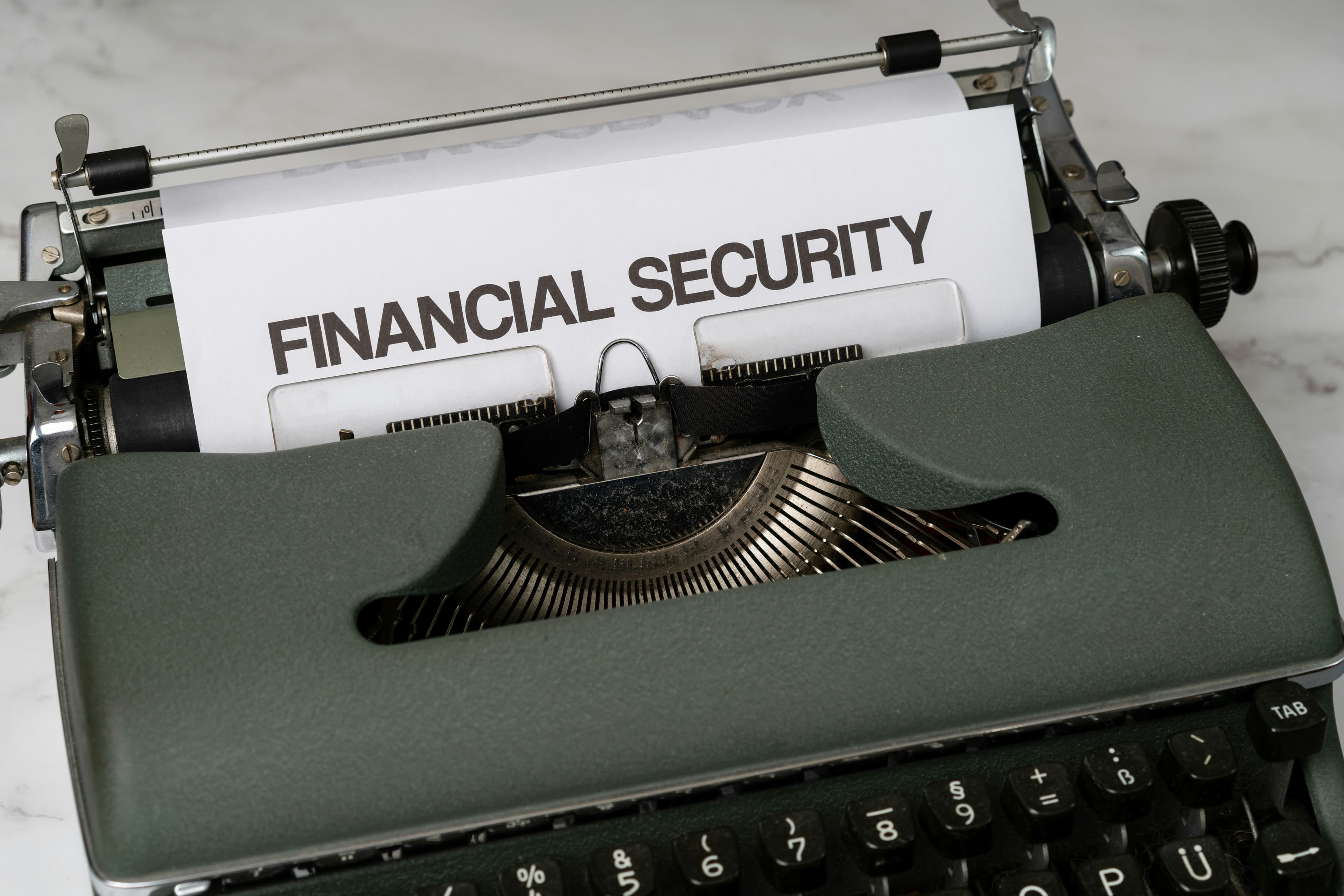Understanding Debt Beyond Your Credit Card Statement

When we talk about debt, credit cards usually steal the spotlight, and for good reason. But they’re only one piece of a much larger puzzle. Getting a handle on other kinds of debt is crucial for making smart financial choices, protecting yourself from predatory practices, and steering clear of bankruptcy. Navigating the world of debt can feel like a constant , but understanding the landscape is the first step toward winning.
The Breakdown: Installment, Secured, and Unsecured Loans
At their core, all loans share a few basic traits. You borrow a sum of money (the principal) for a specific period (the term) and agree to pay it back with interest, which can be fixed or variable. Some loans require you to pay back the principal in one lump sum. Others, known as installment loans, let you make regular, predictable payments—usually monthly—until the balance is gone.
Loans are also categorized as either secured or unsecured, which simply means they are or aren't tied to a physical asset.
- : Think of mortgages and car loans. Your promise to pay is “secured” by the house or car you’re buying. If you stop making payments, the lender has the right to take the asset to get their money back.
- : These are backed only by your word and your credit history. There is no collateral for the lender to seize if you default.
Installment loans are incredibly common. You’ll often encounter them as sales contracts when buying big-ticket items like furniture or appliances. The store might offer its own financing or work with an outside finance company, and you’ll make monthly payments until the item is paid off.
The Flexibility of Revolving Credit
Unlike the fixed structure of an installment loan, revolving credit offers more flexibility. You’re approved for a maximum credit limit and have a minimum monthly payment, but how much you borrow and pay back in between is largely up to you. A personal line of credit is a perfect example; the lender gives you a set of special checks, and you can access the funds as needed.
Lines of credit are fantastic when you’re not sure exactly when you’ll need cash but want it available quickly. Many people use a home equity line of credit (HELOC) for home renovations or to consolidate higher-interest credit card debt.
Department stores frequently use revolving credit for promotions, offering zero interest for three to six months on major purchases. If you jump on one of these deals, make it a priority to pay off the balance before that promotional period ends. These accounts are often handed off to a finance company afterward, and the interest rates can be sky-high. Even if no payments are due, it’s wise to make them anyway or set aside the money each month to clear the debt in one go. Paying off a promotional balance before the high interest kicks in is a savvy move in the modern .
A Quick Word on Credit Insurance: Just Don't
You will likely be offered credit insurance by credit card or finance companies. Don't waste your money. These policies are tied to a single debt and are an expensive way to get coverage. For example:
- : Pays off the loan if you die.
- : Covers damage to the item you bought with the loan.
- : Makes your payments if you become disabled.
- : Covers payments if you lose your job.
If something happens, only that one specific debt is covered. If you genuinely feel you need this kind of protection, you’re far better off talking to an insurance agent about a broader policy. A standard disability policy could replace your income entirely, and a term life insurance policy would give your beneficiary a lump sum to use as they see fit, not just to pay off one lender.
Dealing with Creditors and Debt Collectors
Here’s a critical piece of advice: your creditors to work with you, but you have to be proactive. Call them before you miss a payment. Once your account is delinquent, you lose credibility, and they’ll be less willing to negotiate. They are also quicker than ever to send accounts to collections.
If you arrange a plan ahead of time, they might even agree not to report the delinquency to the credit bureaus. This proactive approach is fundamental to good personal finance, and it’s especially critical when it comes to , whose income might not always be predictable.
When you speak with a creditor, document everything: the representative’s name, the date and time, and the specifics of your agreement. Follow up with a letter or email summarizing the conversation and ask for confirmation in writing.
If you don’t get a helpful response, hang up and try again later. You might connect with a different representative who is more flexible. Most importantly, never agree to a payment plan you aren’t certain you can maintain. Broken promises will destroy any chance of them working with you in the future.
If your account does go to a debt collector—a third party hired to collect the debt—you need to know your rights under the Fair Debt Collection Practices Act (FDCPA). Collectors can’t harass you, threaten you, or contact you before 8 a.m. or after 9 p.m. without your consent. If a collector is causing problems, report them to your state attorney general and the FTC. Also, if you or your employer informs them you can't receive calls at work, they must stop. Understanding your rights is non-negotiable. This is a cornerstone of smart and traditionally employed people alike, as it protects you from illegal practices.
When to Consider Bankruptcy
Bankruptcy is a last resort, but it's important to understand what it is. It’s a federal court process that either helps you create a plan to repay your debts (Chapter 13) or eliminates them entirely (Chapter 7). The moment you file, an “automatic stay” goes into effect, which legally stops your creditors from trying to collect from you without the court’s permission.
But this is not a decision to be made lightly. A bankruptcy filing has a long and damaging impact on your ability to get credit, buy a home, find affordable life insurance, and sometimes even secure a job. The circumstances of your situation will determine which type of bankruptcy, if any, is right for you. Before you do anything, consult with a good bankruptcy lawyer to explore the best option for your specific needs.







